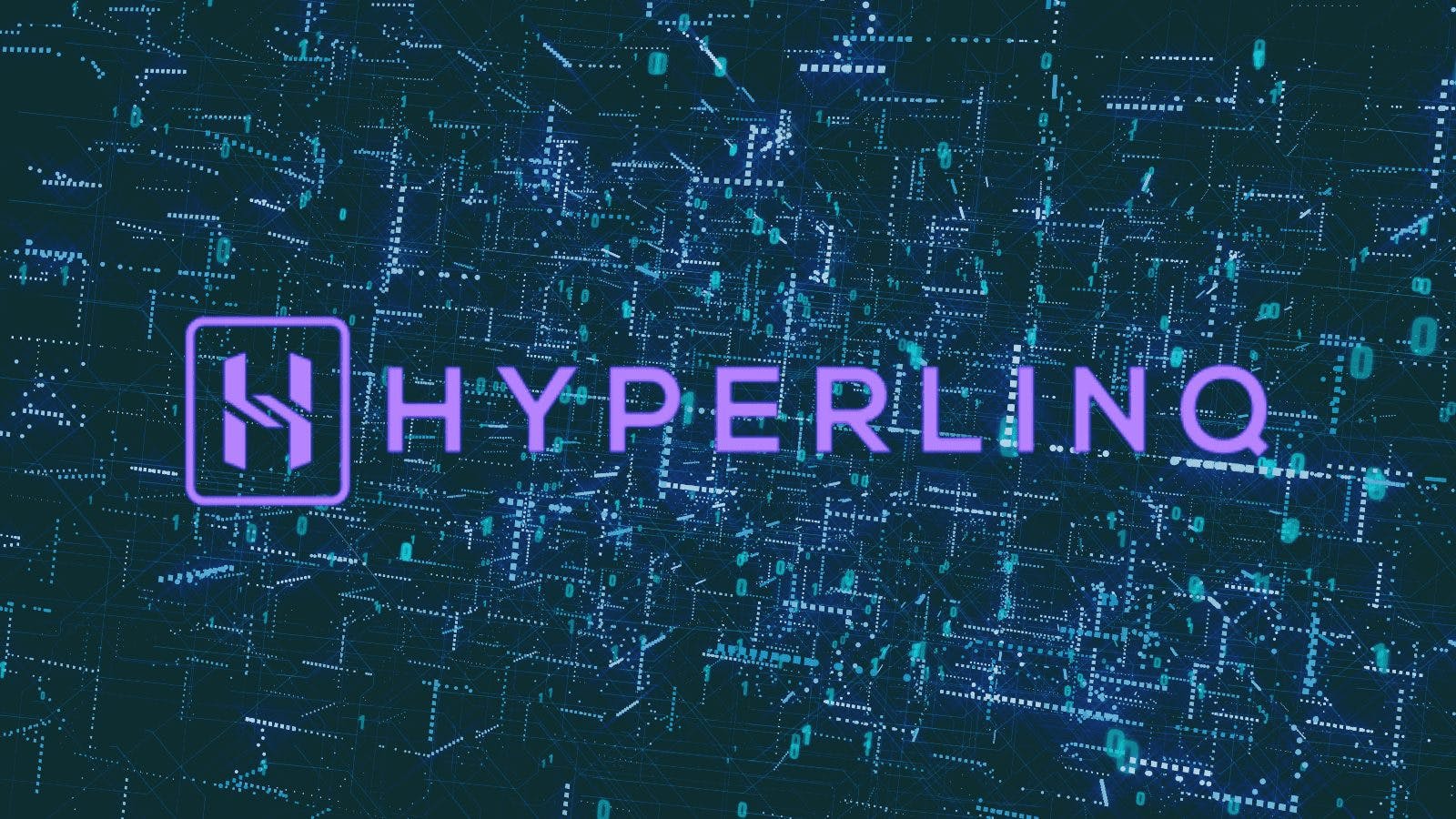Crypto Trading Terminal Startup Suspends All Russian Accounts
Other crypto exchanges, including Binance and FTX, have refused to issue a blanket ban to Russian customers

- The small business moved to cut off Russian users in support of Ukrainians
- Russian accounts make up 2% of HyperLinq’s business
As cryptocurrency exchanges stand their ground on refusing to ban Russian customers across the board, one upstart company is doing the opposite.
Texas-based cryptocurrency trading terminal startup HyperLinq decided to suspend service for Russian users.
“I know the majority of exchanges have decided not to place a ban on Russian users, and that’s their business decision, and I respect it,” said CEO Amar Gautam. “But we feel very strongly about the human suffering that’s happening in Ukraine.”
Russian accounts make up about 2% of HyperLinq’s business, Gautam said. Users in Russia were given advance notice that their accounts would be suspended, he added, but HyperLinq has not yet received any pushback.
“It doesn’t matter how big or small a business you are,” Gautam said. “I have a very strong opinion on this, and I feel like exchanges should do more.”
Non-US exchanges such as Binance and FTX have argued that preserving the access of Russians to crypto is crucial, considering their growing reliance on digital assets as the ruble plummets in the face of heavy US and European sanctions.
Binance, which has no official headquarters, will not “unilaterally freeze millions of innocent users’ accounts,” a spokesperson said. Bahamas-based FTX “plans to continue complying with the laws related to sanctioned countries,” a spokesperson said.
“The exchanges are saying that regular people in Russia are not responsible for this war and freezing their funds would bring hardship to them,” Gautam said. “I understand that argument. I think even if you do not want to freeze their funds, at least stop them from trading.”
Coinbase, which publicly stood behind Russian users in the face of sanctions, nevertheless blocked 25,000 wallets addresses linked to what it believes are Russian individuals and entities engaged in illegal activity Monday.
HyperLinq plans to donate all of its March revenue to efforts in Ukraine, Gautam said.
Get the news in your inbox. Explore Blockworks newsletters:
- The Breakdown: Decoding crypto and the markets. Daily.
- 0xResearch: Alpha in your inbox. Think like an analyst.






